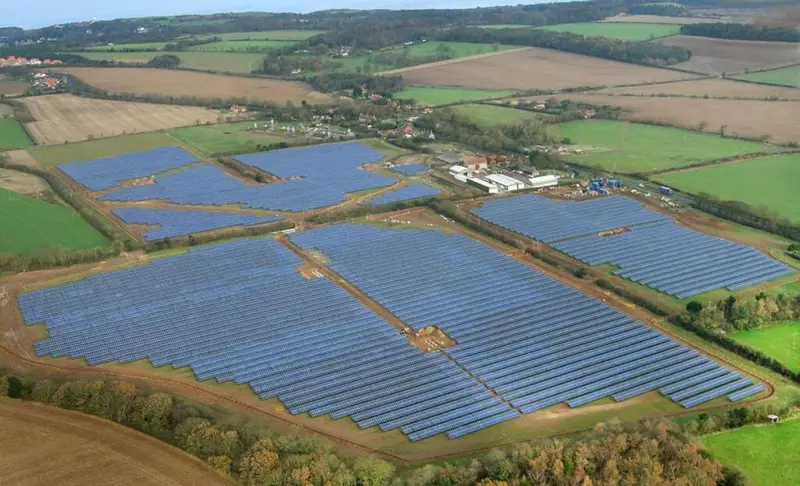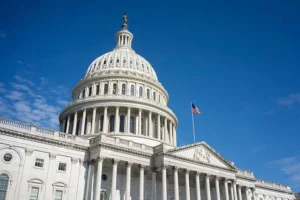Norfolk is at the forefront of the UK’s goal to become a clean energy superpower, with five major solar farms proposed for the county. This development has sparked a heated debate about the benefits and drawbacks of solar farms in Norfolk’s Solar Farms Debate.
Proponents argue that solar farms are essential for improving energy security. Asher Minns from the Tyndall Centre for Climate Change Research emphasizes that energy security is “absolutely paramount.” He believes generating electricity through solar power is crucial.
However, opponents are concerned about the potential impact on food production and the local landscape. Lord Fuller, former leader of South Norfolk Council, fears that the “stampede for solar” could lead to the loss of agricultural land.
The government maintains that its plans for solar farms do not pose a risk to food security. A spokesperson for the Department for Energy Security and Net Zero states that solar farms would occupy less than 1% of the UK’s agricultural land.
As the debate continues, Norfolk residents are weighing the pros and cons. Brian Ross from Long Stratton believes that renewable energy is necessary. Peter Robertson from Hempnall is concerned about the impact on the local landscape.
The debate surrounding Norfolk’s Solar Farms Debate highlights the complexities of transitioning to clean energy.
The proposed solar farms have also raised concerns about the impact on local wildlife and ecosystems. Environmental groups have expressed concerns about the potential disruption to habitats and the loss of biodiversity. However, proponents argue that solar farms can also provide opportunities for wildlife conservation and habitat creation.
As the debate continues, it is clear that finding a balance between energy security, food production, and environmental protection will be crucial in shaping Norfolk’s energy future.










